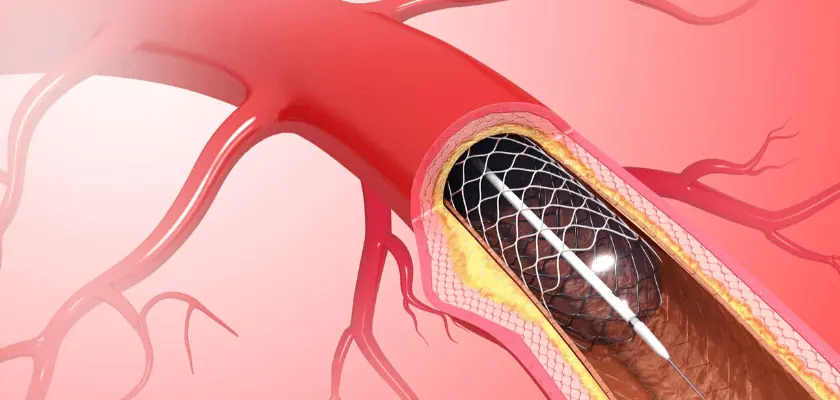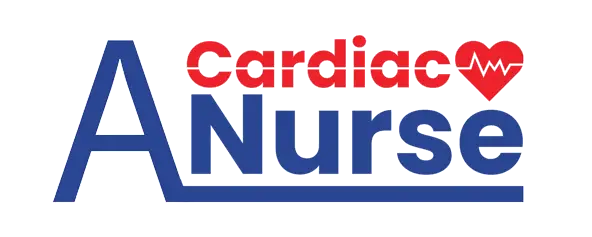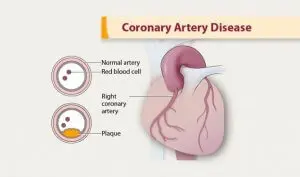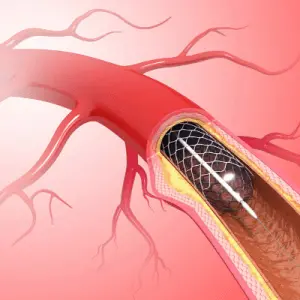What Medications Will I Need to Take for Coronary Artery Disease?

Once you have been diagnosed with Coronary Artery Disease (CAD) your doctor will begin to put you on medications to help reduce your risk of a heart attack.
It is very important to continue to take your medications even if you are feeling better. In most cases, you are feeling better because the medication has your disease under control.
Finding The Right Medications
Unfortunately, the right combination of medications is a method of trial and error and you may need to try several medications before you find the ones that are right for you.
Read the information sheet on each drug you get to make sure that you know what it is and in what instances you need to call the doctor or hospital.
Keep notes about any side effects that you notice after starting a new medication, as you will probably forget all of them by the time you get to the doctor’s office.
Medications Used for Coronary Artery Disease
Since every patient and many doctors have different preferences for the medications they like to use I will explain them in general categories.
This information has been taken from a number of sources including the Texas Heart Institute, Medline, American Heart Association, and multiple medical and drug books that I own.
It is meant to give you information, but it does not cover all of the possible uses, warnings, side effects, or interactions with other medicines and vitamin or herbal supplements.
Please talk to your doctor and/or your pharmacist for full prescription information.
Anti-Platelet Medications
The first medication the doctor may put you on is an anti-platelet medication. This medication helps to prevent blood clots from forming and causing blockage in the arteries that supply blood to your heart.
The most common medication is a low dose aspirin if you have already had a heart attack the doctor may suggest something stronger.
The side effects to watch for are dark tar-like stools or bright red blood in the stool indicating gastrointestinal bleeding from an erosion ulcer.
Using an enteric-coated aspirin-like Ecotrin helps to reduce the risk of GI Bleeding. You should also notify the doctor of any other uncontrolled bleeding.
Cholesterol-Lowering Medications
Another medication your doctor will likely use is a cholesterol-lowering medication. Sometimes diet alone cannot reduce your cholesterol levels.
In that case, your doctor will run a blood test to determine which medication will help you the most. There are several types of cholesterol-lowering medications such as:
1) Bile acid sequestrants (Questran, Colestid, WelChol: These drugs work in the intestines to help increase the removal of cholesterol through the feces.
2) Nicotinic acid (B3): This drug works to lower triglycerides and LDL cholesterol, and raise HDL (“good”) cholesterol. Dietary Niacin is not the same as this medication and must not be used to substitute your prescription due to adverse reactions.
3) Statins (Lipitor, Mevacor, Pravachol, Zocor) these drugs are very effective for lowering LDL (“bad”) cholesterol levels and have very few immediate side effects.
4) Fibrates (Lopid, Tricor). Taking these medications in conjunction with modifying your diet can help reduce your LDL (“bad”) cholesterol levels dramatically.
Beta-Blockers
Another medication that your doctor may use is a Beta-blocker. This medication is used to decrease your heart rate and reduce the amount of oxygen your heart needs to work.
Side effects are usually not life-threatening but can be annoying, these include decreased sexual ability, dizziness or lightheadedness, trouble sleeping which leads to increased drowsiness, tiredness, and/or weakness. ”
Some patients report increased dizziness when rising too quickly. Make sure to report any troublesome side effects to your doctor. Calcium-channel blockers are used to control chest pain and reduce blood pressure by relaxing the arteries in the body including the coronary arteries, therefore reducing the workload and oxygen needs of the heart.
Side effects are rare but include, wheezing & difficulty breathing, irregular heartbeats (can be slow or fast), and swelling in the legs and ankles.
High Blood Pressure Medications
Your doctor may prescribe medications to control your blood pressure these medications include: ACE inhibitors (to control hypertension), diuretics (for excess fluid retention and to control hypertension) or other various other medications to lower blood pressure.
Finally, your doctor may give you a prescription for nitrates that you will use when you are having chest pain. This medication opens up the coronary arteries to improve blood flow to the heart.
The general rule is that when you experience chest pain you take one dose every 5 minutes up to three doses and if you do not experience relief from the chest pain call emergency services.
Conclusion
The treatment of coronary artery disease does not always have to be surgical. There are many medications used to treat coronary artery disease.
Phyllis Robinson MSN, RN is a Registered Nurse of 27 years. Phyllis is passionate about the prevention and healing of heart disease using traditional and alternative methods. She has experience in emergency room, telemetry, infusion, and critical care. Phyllis currently practices in an intensive care unit.








